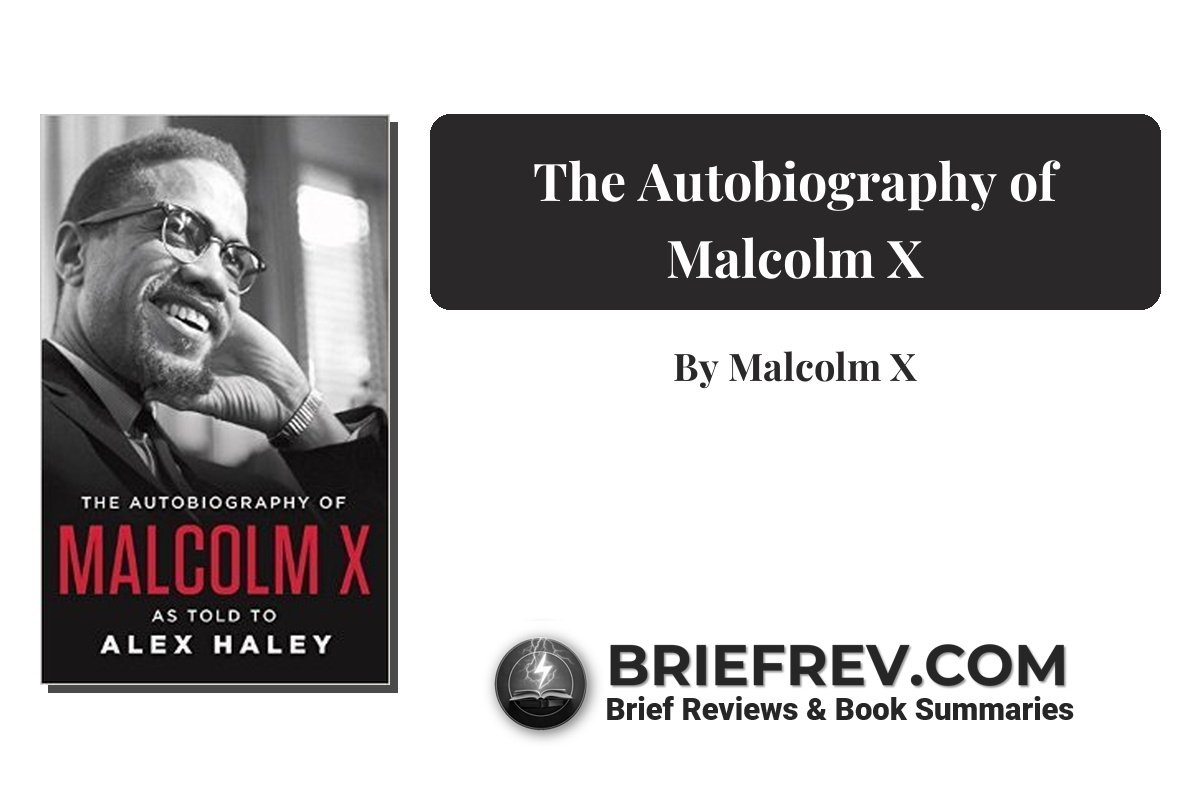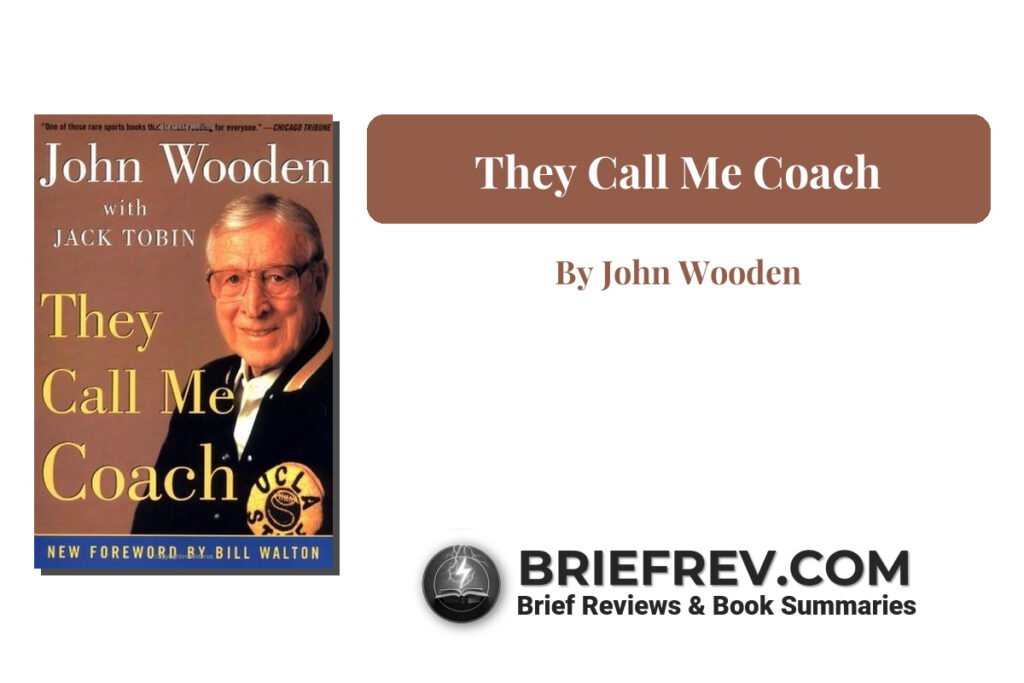The Autobiography of Malcolm X: A Journey of Transformation and Truth
Few books capture the raw intensity of personal transformation and social awakening like The Autobiography of Malcolm X. Told through the voice of one of the most controversial and influential figures of the 20th century, the book is more than a life story—it’s a mirror held up to America’s racial history and a testament to the power of self-education, conviction, and change. At its core, Malcolm X’s autobiography is about the search for identity and truth in a world that often denies both to those born on the margins.
What the Book Covers
The Autobiography of Malcolm X, as told to journalist Alex Haley, traces Malcolm’s life from his troubled youth to his rise as a prominent Black nationalist leader. Born Malcolm Little in Omaha, Nebraska, he recounts a childhood marked by racial violence and the early loss of his father. His descent into crime and eventual imprisonment serve as a turning point, leading to his conversion to Islam and his emergence as a powerful voice for Black empowerment. The book is not just a chronicle of events but a deeply introspective narrative that evolves alongside Malcolm’s own thinking. It’s a compelling read for anyone interested in civil rights, American history, or the complexities of personal transformation.
Key Insights
One of the most striking insights from the book is the idea that education can be a form of liberation. While in prison, Malcolm X undergoes a profound intellectual awakening. He teaches himself to read and write with discipline and passion, eventually devouring books on history, philosophy, and religion. This self-education becomes the foundation for his later activism. His story challenges the notion that formal schooling is the only path to knowledge and underscores the transformative power of learning when driven by purpose.
Another powerful theme is the evolution of belief. Malcolm’s early years with the Nation of Islam are marked by a rigid, separatist ideology. However, after his pilgrimage to Mecca, he experiences a spiritual and ideological shift. He begins to see the potential for racial unity and reconsiders his earlier views. This willingness to grow and change—even at the cost of alienating former allies—reveals a man committed not to dogma, but to truth as he understands it. His journey reminds readers that personal growth often requires the courage to question one’s own convictions.
The book also offers a searing critique of systemic racism in America. Malcolm X does not shy away from exposing the deep-rooted injustices faced by Black Americans—from police brutality to economic disenfranchisement. His rhetoric is often uncompromising, but it reflects the urgency and frustration of a community long denied justice. Through his lens, readers are forced to confront uncomfortable truths about the nation’s history and its ongoing struggles with race.
A further insight lies in Malcolm’s emphasis on self-respect and dignity. He urges Black Americans to reject the internalized inferiority imposed by a racist society and to take pride in their heritage. His message is one of empowerment: that true freedom begins with self-knowledge and self-love. This call for psychological liberation remains as relevant today as it was during the civil rights era.
Memorable Quotes
One of the most enduring lines from the book is: “Education is the passport to the future, for tomorrow belongs to those who prepare for it today.” Another poignant reflection comes when Malcolm says, “My alma mater was books, a good library… I could spend the rest of my life reading, just satisfying my curiosity.”
Why This Book Matters
The Autobiography of Malcolm X remains a vital work because it speaks to the enduring issues of race, identity, and justice in America. It offers a deeply human portrait of a man often reduced to caricature—revealing not just his anger, but his intellect, his doubts, and his capacity for change. For readers seeking to understand the roots of racial inequality or the power of personal transformation, this book offers both historical context and timeless wisdom. It is especially meaningful for those grappling with questions of purpose, belief, and the role of activism in shaping a more just world. Malcolm X’s story is not just about one man’s life—it’s about the struggle to live with integrity in a world that often demands compromise.



